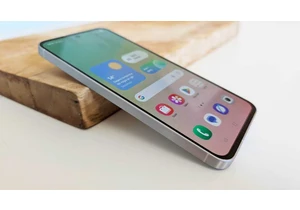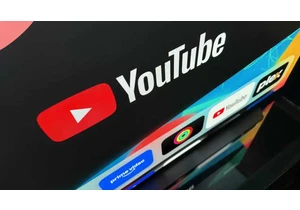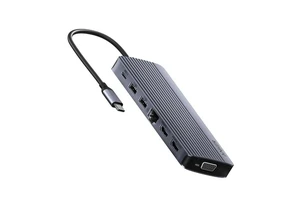Google is having a bit of a moment. It’s not quite an Enron- or FTX-style “abandon ship” situation, but between two separate US antitrust rulings on its core search and advertising businesses, it’s a five-alarm fire. One of the possible outcomes is Google selling off the Chrome browser… and it looks like one possible buyer is OpenAI, maker of ChatGPT.
OpenAI’s head of product for ChatGPT is named Nick Turley, and he testified at the remedy phase of the Department of Justice’s successful monopoly suit against Google. When asked if OpenAI would be interested in buying the Chrome browser from Google, Turley didn’t mince words. “Yes, we would,” he responded, “as would many other parties.” That’s according to The Information.
The fact that plenty of other companies would be interested in relieving Google of the burden of Chrome isn’t surprising. It’s the most popular browser on the planet, and its open-source Chromium codebase powers most other browsers (including Microsoft’s Edge, Opera, plus smaller players like Brave, Vivaldi, and Arc). The only major players left on the market that don’t use Chromium are Firefox and Apple’s Safari.
Divested of its deep ties to Google for search, advertising, and mobile integration on Android, Chrome would be less of a crowning jewel of web properties. But it would still be enormously beneficial, a potentially huge profit-maker all on its own. And more pertinently, it would be even more useful in a broader technology toolbox for a tech giant like Microsoft. They’ve been pretty desperate to gain back ground in the browser wars ever since Internet Explorer lost its dominance.
But let’s examine this from the perspective of OpenAI. Despite being in its infancy, the popularity of ChatGPT and the broader rise of “AI” tools has propelled OpenAI to the forefront of the tech industry. OpenAI’s GPT underlies Microsoft’s Copilot system, and it’s integrated into more and more products and services every day (for better or worse). Meanwhile, CEO Sam Altman is rubbing shoulders with elites from industry and government. Even so, some critics have questioned OpenAI’s ability to continue on its current trajectory without some kind of giant technological leap. Despite a massive increase in profile and billions in revenue, the company has yet to turn a profit, and does not expect to for years at least.
Suddenly, having the keys to the world’s most popular browser would change a lot of variables in that equation. It would, almost certainly, put ChatGPT and other generative AI tools front and center in the way most users experience the web. It would make OpenAI a direct competitor to companies like Apple and its current partner Microsoft. It would put it on the map for the same kind of advertising and user data tracking that got Google in trouble in the first place. And perhaps most importantly, it would give OpenAI a treasure trove of data from billions of users around the world, all the better to train its models.
Most of this is educated guessing, albeit fairly obvious conclusions to draw. The DOJ wants Google to be forced to split off Chrome in some capacity, but we’ll have to see if the federal judge actually goes for that as a punitive option. And assuming that happens, Google will exhaust every legal possibility (and probably spend a small country’s GDP on lawyers in the process) to hold onto one of its most important business assets. If all that comes to pass and Chrome is still put up on the auction block, the buyer might be subject to yet more approval in the US and beyond.
The situation is, in a word, complicated. And there’s not much we can do in the meantime but wait and see how it plays out.
https://www.pcworld.com/article/2761475/chatgpt-maker-openai-wants-to-buy-chrome.html
Melden Sie sich an, um einen Kommentar hinzuzufügen
Andere Beiträge in dieser Gruppe

Roku is going small with its latest streaming players, unveiling a ne

If you’re using an Android phone, you’ve probably noticed that Google

Tired of having to switch between tabs when you have a YouTube video


In order for laptops to get slimmer and lighter, they’ve had to make

Outlook offers a handy feature called “Search Folders,” which groups

The past year has been anything but positive for tech giant Intel. Th
